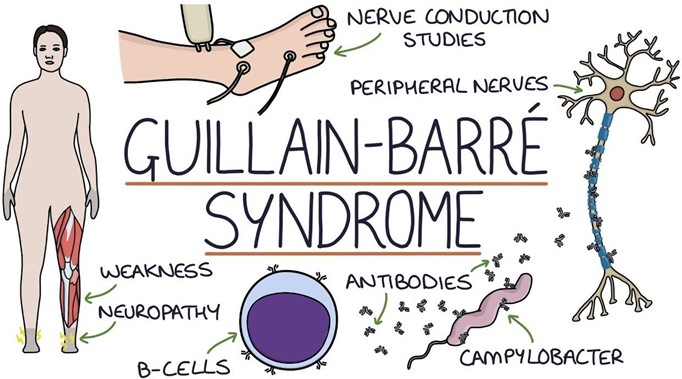An unlicensed assistive personnel (UAP) is completing an orientation assignment and is caring for a client who needs assistance with bathing. What is the best way for the practical nurse (PN) to evaluate this UAP's performance?
Ask another UAP to help the orientee to ensure satisfactory care.
Verify with the client that the bath was complete and thorough.
Inspect the client's skin near the end of the bathing procedure.
Observe the UAP's technique and communication skills during the bath.
The Correct Answer is D
The PN should directly observe the UAP's performance and provide feedback and guidance as needed. This can help ensure that the UAP follows the standards of care and respects the client's dignity and preferences.
The other options are not correct because:
A. Asking another UAP to help the oriented may not be appropriate or necessary, as it may interfere with the orientation process and create confusion or conflict.
B. Verifying with the client that the bath was complete and thorough may not be sufficient or reliable, as the client may not be able to assess the quality of care or may not want to complain.
C. Inspecting the client's skin near the end of the bathing procedure may not be timely or comprehensive, as it may miss some aspects of care or some problems that occurred during the bath.
Nursing Test Bank
Naxlex Comprehensive Predictor Exams
Related Questions
Correct Answer is A
Explanation
This is the finding that the PN should report to the charge nurse because it indicates a possible complication of Guillain-Barre syndrome, which is autonomic dysfunction. This can affect the cardiac, respiratory, and gastrointestinal systems and cause life-threatening problems such as arrhythmias, hypotension, or respiratory failure. The PN should monitor the client's vital signs closely and report any abnormal changes.

B. Profuse diaphoresis is not a priority finding and may be related to other factors such as fever, anxiety, or medication side effects.
C. Lower leg weakness is an expected finding in Guillain-Barre syndrome and does not need to be reported unless it progresses rapidly or affects the respiratory muscles.
D. Full facial flushing is not a priority finding and may be related to other factors such as vasodilation, inflammation, or medication side effects.
Correct Answer is ["1.5"]
Explanation
Step 1: 1 gram = 1000 mg
Step 2: 500 mg ÷ 1000 mg = 0.5
Step 3: 0.5 × 3.0 mL = 1.5 mL
Answer: 1.5 mL
Whether you are a student looking to ace your exams or a practicing nurse seeking to enhance your expertise , our nursing education contents will empower you with the confidence and competence to make a difference in the lives of patients and become a respected leader in the healthcare field.
Visit Naxlex, invest in your future and unlock endless possibilities with our unparalleled nursing education contents today
Report Wrong Answer on the Current Question
Do you disagree with the answer? If yes, what is your expected answer? Explain.
Kindly be descriptive with the issue you are facing.
